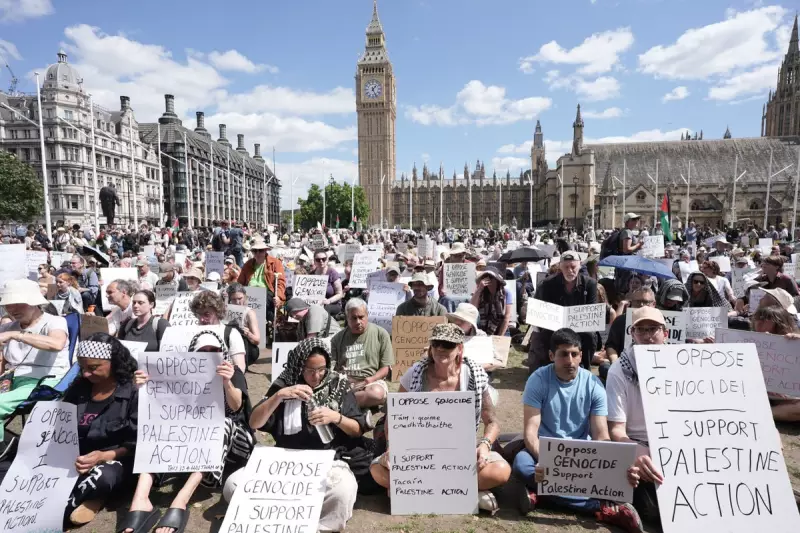
The Metropolitan Police is facing intense criticism and accusations of overreach following its advice to pro-Palestine demonstrators on what language to avoid during protests, deeming certain phrases potentially 'inflammatory'.
This guidance, issued ahead of a major rally, has sparked a fierce debate about the boundaries of free speech and the role of police in monitoring public discourse. Civil liberty groups have condemned the move as a 'chilling' intervention that risks criminalising legitimate political expression.
A Contentious Advisory
According to the report, the advice suggested that protesters refrain from using specific slogans and chants. The force stated its intention was to prevent the escalation of tensions and to avoid any potential offences under public order laws.
However, this pre-emptive guidance has been met with backlash. Critics argue that the police are stepping beyond their remit by attempting to pre-judge and control language used in a lawful protest, effectively acting as censors.
Official Defence and Public Outcry
In a statement defending its position, the Metropolitan Police said, "Our officers have a duty to prevent disorder and ensure the safety of all participants and the wider public. Our advice is intended to be operational and precautionary."
Despite this defence, the intervention has raised serious questions for the Crown Prosecution Service (CPS) regarding what speech can legally be policed. The fallout suggests a growing tension between maintaining public order and upholding the fundamental right to protest.
The Bigger Picture: A National Conversation on Protest Rights
This incident is not isolated. It feeds into a broader, ongoing national conversation about policing methods during large-scale demonstrations, particularly those related to the conflict in Gaza. The Met's approach is being closely watched, with many concerned about the precedent it sets for future protests.
The debate continues as to whether such advice is a proportionate measure for keeping the peace or an undue infringement on civil liberties that could have a silencing effect on public dissent.





